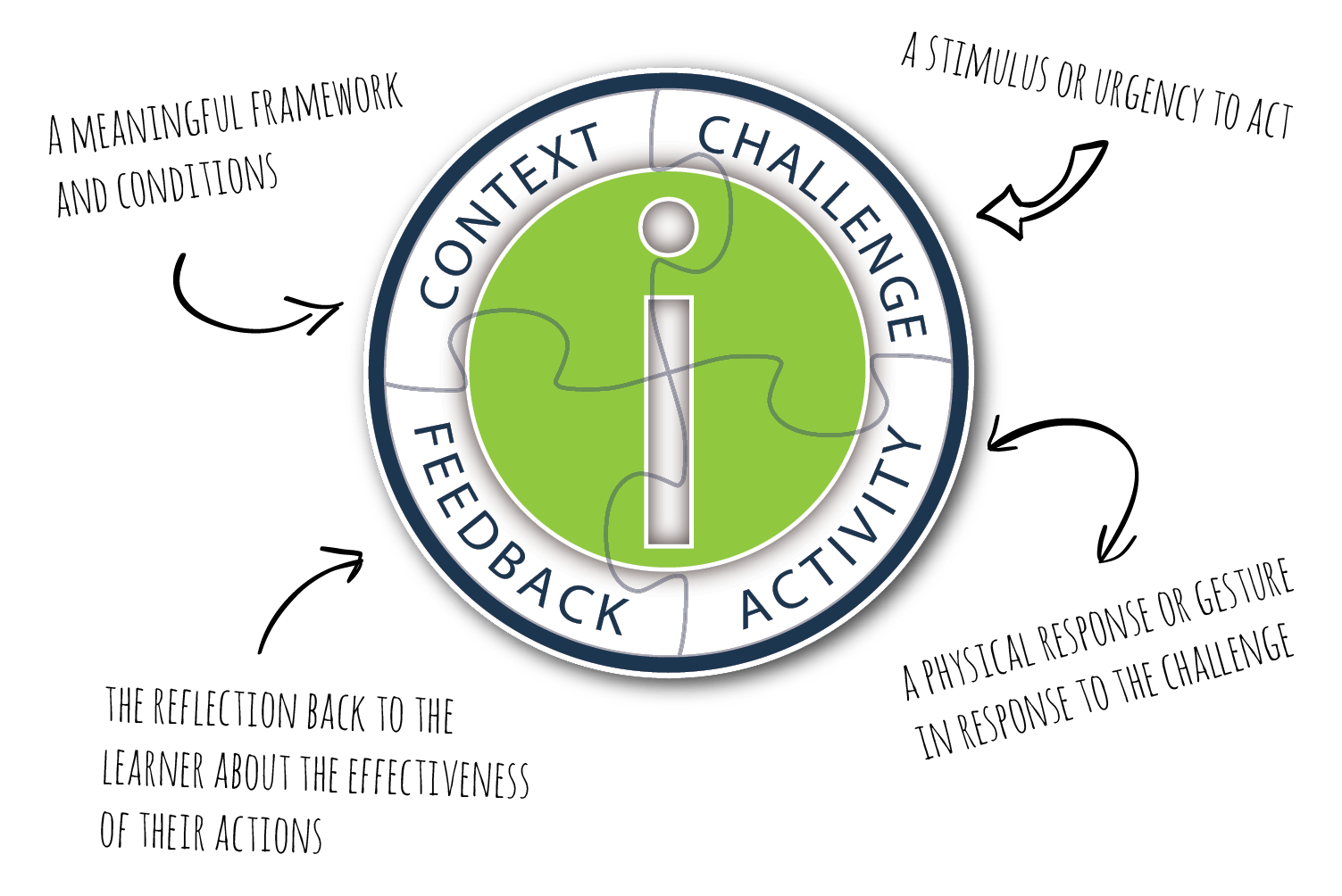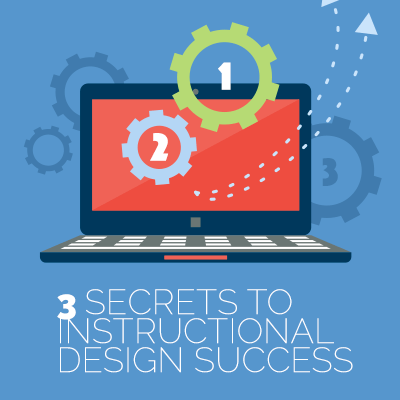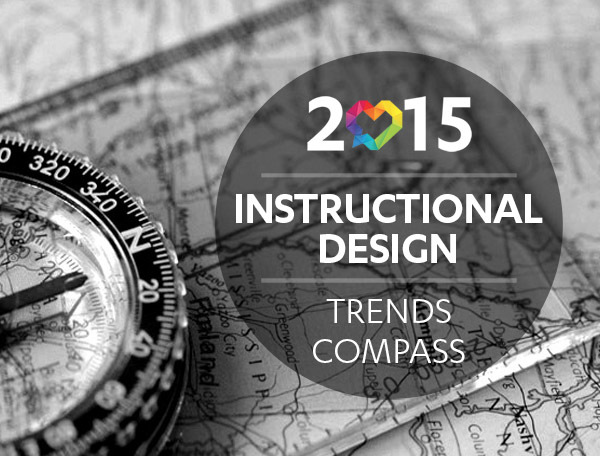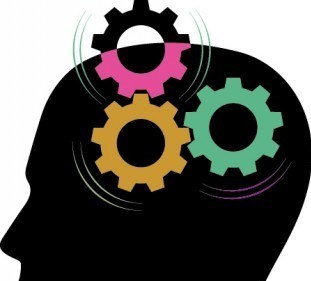April 27, 2015
Top 10 Instructional Design Challenges in eLearning
An instructional designer’s job is multidimensional; in order to balance different role requirements, instructional designers may face a variety of challenges. In this article, I will share the top 10 instructional design challenges that eLearning professionals face when dealing with instructional design, and most importantly, how to overcome them.
by Christopher Pappas











